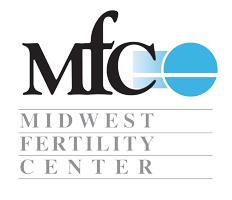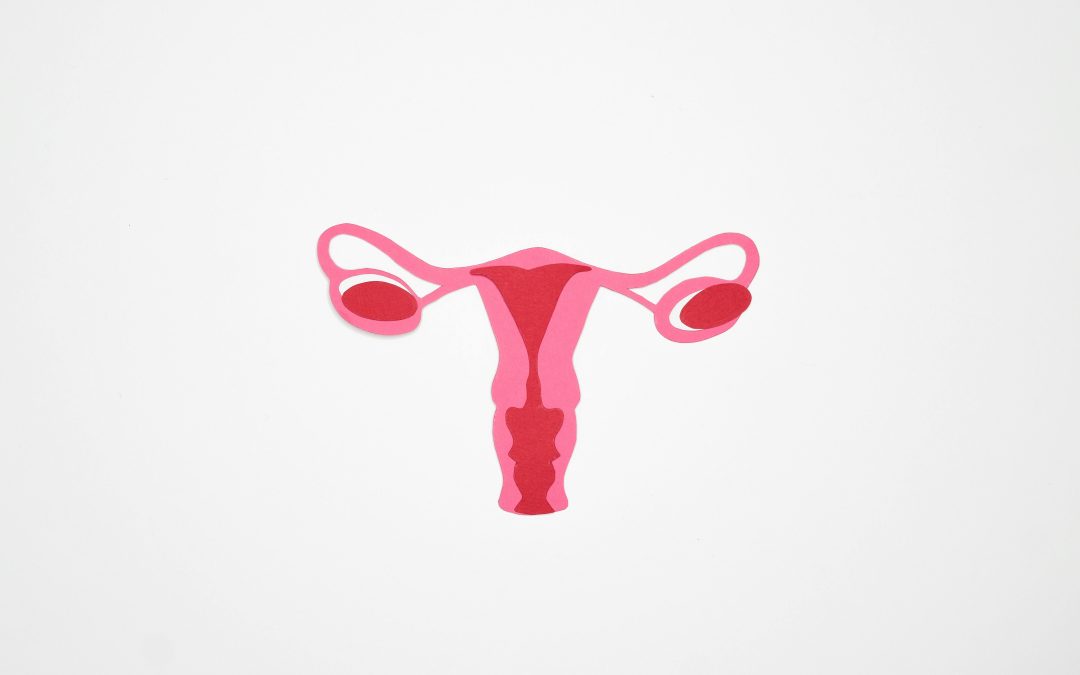A blighted ovum, also known as an anembryonic pregnancy, is a type of early pregnancy loss. It occurs when a fertilized egg implants into the uterus but does not develop into an embryo. While the gestational sac grows and is detectable on an ultrasound, the embryo fails to develop or stops developing very early. This condition is one of the most common causes of miscarriage in the first trimester, often occurring before a person even realizes they are pregnant.
Understanding what a blighted ovum is and its potential causes can be helpful for those trying to conceive. Although it is not always preventable, some steps can be taken to optimize reproductive health.
Causes of a Blighted Ovum
A blighted ovum is often linked to chromosomal abnormalities. When an egg and sperm meet, they combine to create a complete set of chromosomes. If there are errors during this process, the resulting embryo may not be viable, even though the body initially prepares for pregnancy.
Some common reasons behind these chromosomal abnormalities include:
- Poor egg or sperm quality: Age, lifestyle factors, or underlying health conditions can impact the quality of the egg or sperm.
- Genetic mutations: Errors during cell division can result in missing or extra chromosomes, leading to abnormal development.
- External factors: Environmental toxins, infections, or excessive stress may contribute to developmental problems.
Symptoms of a Blighted Ovum
In some cases, a person may experience typical pregnancy symptoms, such as missed periods, fatigue, or nausea, before the loss is identified. However, signs of a blighted ovum often mimic a miscarriage, including:
- Vaginal spotting or bleeding
- Abdominal cramping
- Loss of pregnancy symptoms, like breast tenderness or nausea
An ultrasound is usually needed to confirm the diagnosis. If a gestational sac is visible but no embryo is detected by the time an embryo should typically be seen (around 6-7 weeks), a blighted ovum may be diagnosed.
Can a Blighted Ovum Be Prevented?
While a blighted ovum is largely due to factors beyond one’s control, such as genetic abnormalities, there are steps individuals can take to support healthy pregnancies:
1. Maintain a Healthy Lifestyle
- Eat a balanced diet: Prioritize nutrient-rich foods, including leafy greens, lean proteins, and whole grains, to support overall reproductive health.
- Stay active: Regular exercise can improve blood flow and hormone regulation.
- Avoid smoking, alcohol, and drugs: These substances can harm egg and sperm quality, increasing the risk of chromosomal abnormalities.
2. Take Prenatal Vitamins
- Start taking prenatal vitamins with folic acid before conception to support healthy embryonic development.
3. Address Underlying Health Conditions
- Conditions like diabetes, thyroid disorders, and polycystic ovary syndrome (PCOS) can impact fertility and pregnancy outcomes. Work with a healthcare provider to manage these conditions before trying to conceive.
4. Consult a Fertility Specialist
- If you’ve experienced recurrent miscarriages, a fertility specialist can perform tests to identify potential causes and recommend appropriate treatments or interventions.
5. Be Mindful of Age
- Fertility declines with age, and the risk of chromosomal abnormalities increases. While age is not something that can be changed, planning for pregnancy earlier, if possible, may reduce certain risks.
6. Reduce Stress
- Chronic stress can disrupt hormonal balance, potentially affecting reproductive health. Engage in stress-reducing activities like yoga, meditation, or counseling.
What to Do After a Blighted Ovum Diagnosis
Experiencing a blighted ovum can be emotionally challenging. If diagnosed, your healthcare provider https://mfcfamily.com/ will discuss options for managing the miscarriage, including allowing it to happen naturally, taking medication, or undergoing a procedure called dilation and curettage (D&C). Take the time you need to process your emotions and seek support from loved ones or a counselor if needed.
The good news is that most people who experience a blighted ovum go on to have healthy pregnancies in the future. Understanding the condition and taking steps to support your reproductive health can make a significant difference when trying to conceive again.
While a blighted ovum can be a heartbreaking experience, it’s essential to remember that it is often a natural occurrence and not a reflection of anything you did wrong. Focus on maintaining a healthy lifestyle, managing stress, and consulting with healthcare professionals https://mfcfamily.com/ to improve your chances of a successful pregnancy in the future. With the right care and support, brighter days lie ahead.

